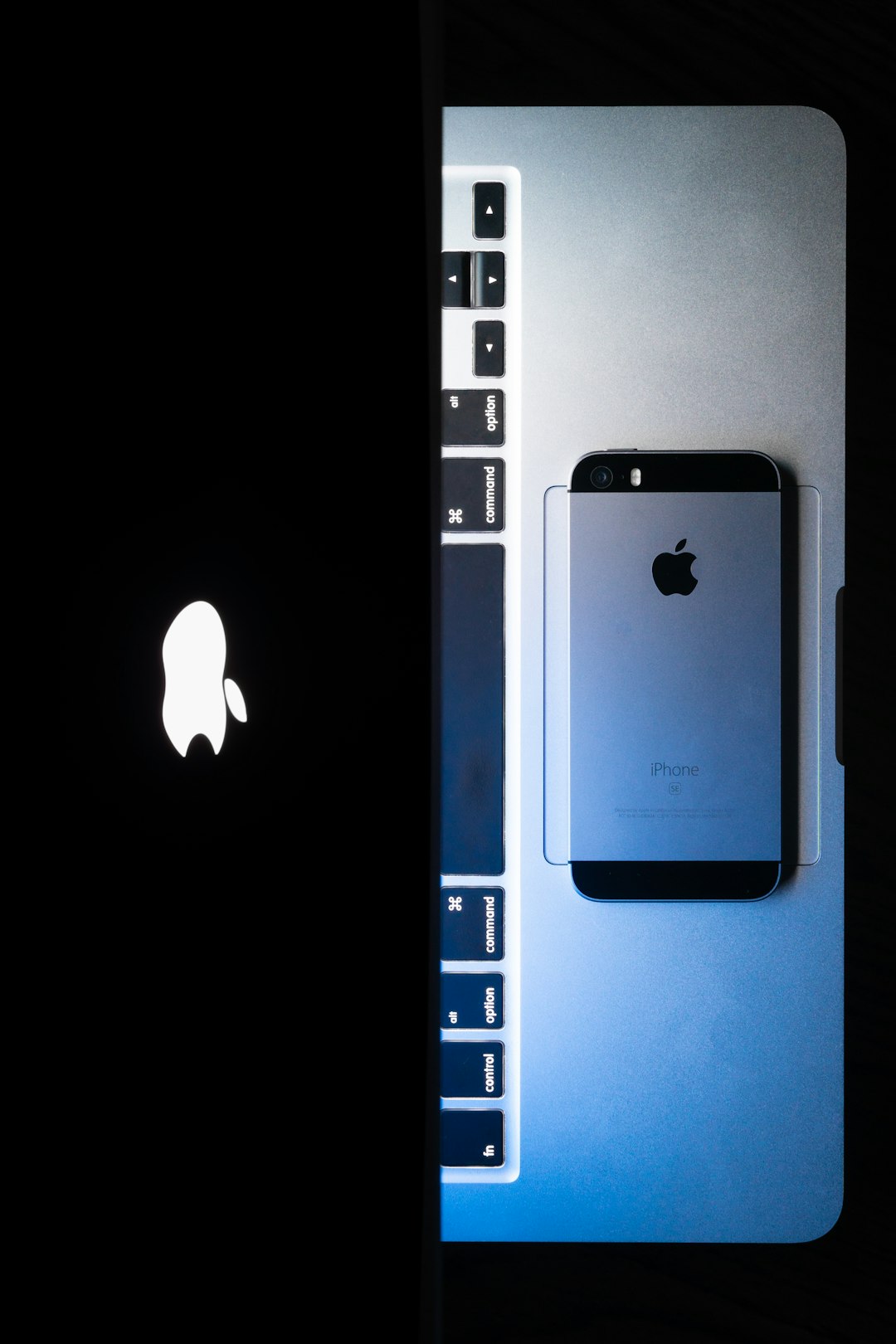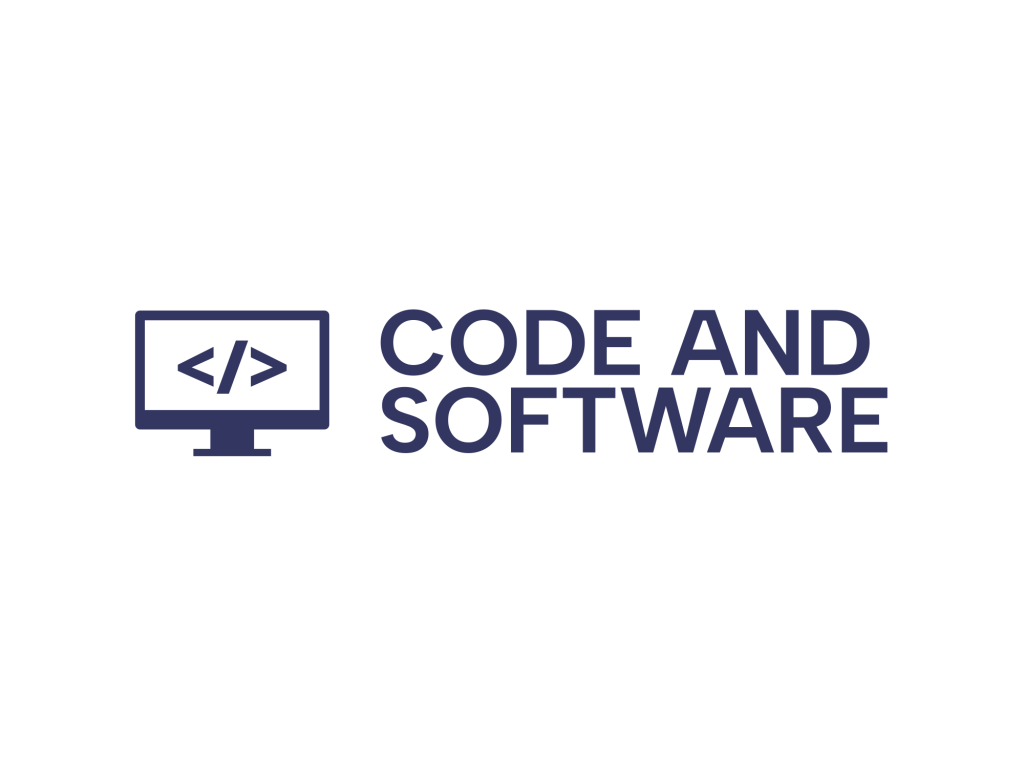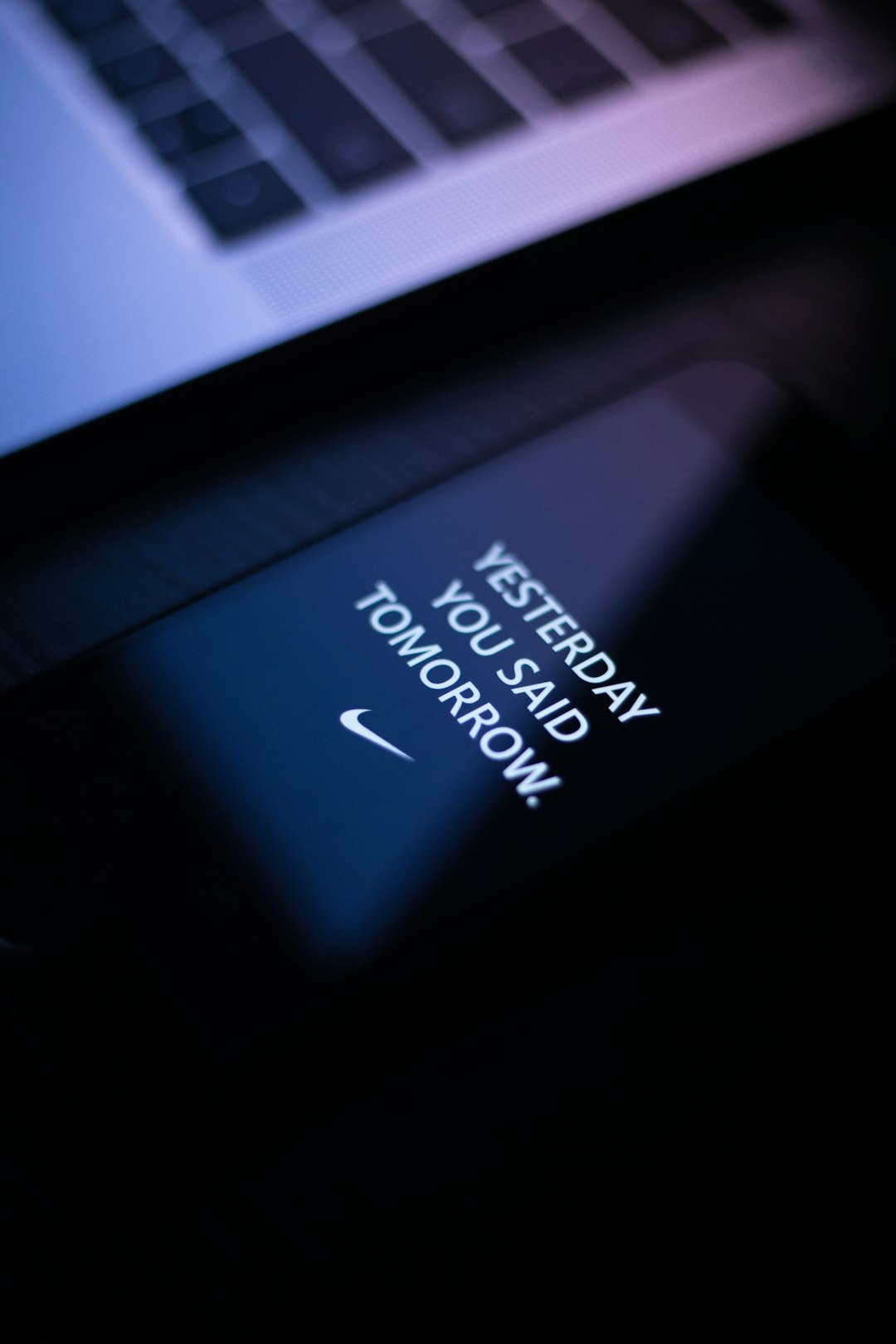In the world of online privacy and security, understanding the tools at your disposal is essential. For iPhone users, residential VPNs and proxy servers are two popular options used to safeguard online activities, bypass geo-restrictions, and maintain anonymity. While they may seem similar on the surface, each serves a different purpose and offers distinct advantages and limitations.
This article explores the key differences between residential VPNs and proxy servers for iPhone users, helping you make an informed decision based on your privacy needs and usage scenarios.
What Is a Residential VPN?
A residential VPN uses Internet Protocol (IP) addresses assigned by Internet Service Providers (ISPs) to real residential properties. When you connect to the internet with a residential VPN on your iPhone, your IP address is masked and replaced with a residential one, making your activity appear as though it’s coming from a regular household network.
This makes it harder for websites and services to detect and block VPN usage, which can be particularly useful for tasks such as avoiding geo-restrictions or accessing region-specific content and services.
What Is a Proxy Server?
A proxy server acts as an intermediary between your iPhone and the websites you visit. Instead of connecting directly, your requests go through the proxy server, which forwards them to the target site. It then relays the website’s response back to your device. Like a VPN, it hides your true IP address, but does not necessarily encrypt your traffic.
There are different types of proxies—such as HTTP, HTTPS, and SOCKS—that offer varying levels of functionality and privacy.

Key Differences Between a Residential VPN and a Proxy Server on iPhone
-
Encryption:
Unlike most proxy servers, residential VPNs encrypt your entire internet traffic. This means your data is protected even from your ISP or on unsecured public Wi-Fi networks. In contrast, proxies only mask your IP for specific applications and do not provide encryption across all traffic. -
Device-Wide Protection:
Residential VPNs, when configured on your iPhone, protect all outgoing and incoming traffic regardless of the app being used. Proxy servers typically need to be configured on a per-app basis and only route traffic for those specific apps. -
Reliability and Detection:
Websites and online services are more likely to detect and block proxy servers, especially those using datacenter IPs. Residential VPNs are much harder to detect because the IP addresses appear to belong to real internet users. -
Performance:
Proxies often offer faster speeds because they don’t encrypt your data. However, this speed comes at the cost of security. Residential VPNs may be slightly slower due to encryption overhead, but they offer far better protection. -
Ease of Use:
Setting up a residential VPN on an iPhone is relatively straightforward through dedicated apps or using configuration profiles. Setting up a proxy server may require manual settings adjustments, making it less accessible for casual users.
When Should You Use Each Option?
Choosing between a residential VPN and a proxy server depends on your specific needs:
- Use a Residential VPN if you care about security, data encryption, and bypassing geo-blocks reliably. It’s ideal for streaming, secure browsing, and accessing services from different countries without being detected.
- Use a Proxy Server if you need a lightweight, application-specific solution or if you’re doing tasks where speed is more important than privacy, such as scraping publicly available data or unblocking simple websites.

Limitations to Be Aware Of
While both options offer privacy enhancements, they also have their downsides. Proxies do not protect against deep packet inspection or secure your information on public networks. Residential VPNs, while providing superior protection, may come with higher subscription fees and slightly reduced internet speeds.
It’s also important to consider the source of your VPN or proxy provider. Avoid free options as they may log your data, inject ads, or even compromise your security. Always choose a reputable provider with clear privacy policies and robust encryption standards.
Conclusion
Both residential VPNs and proxy servers can enhance your online privacy and accessibility on your iPhone. However, they are not interchangeable. A residential VPN provides more comprehensive protection and anonymity, making it the better choice for most users. Proxy servers, on the other hand, can be suitable for specific, low-risk tasks when speed is essential, and minimal privacy is acceptable.
Ultimately, understanding their differences in functionality, privacy, and ease of use will enable you to choose the right tool for your digital needs.

